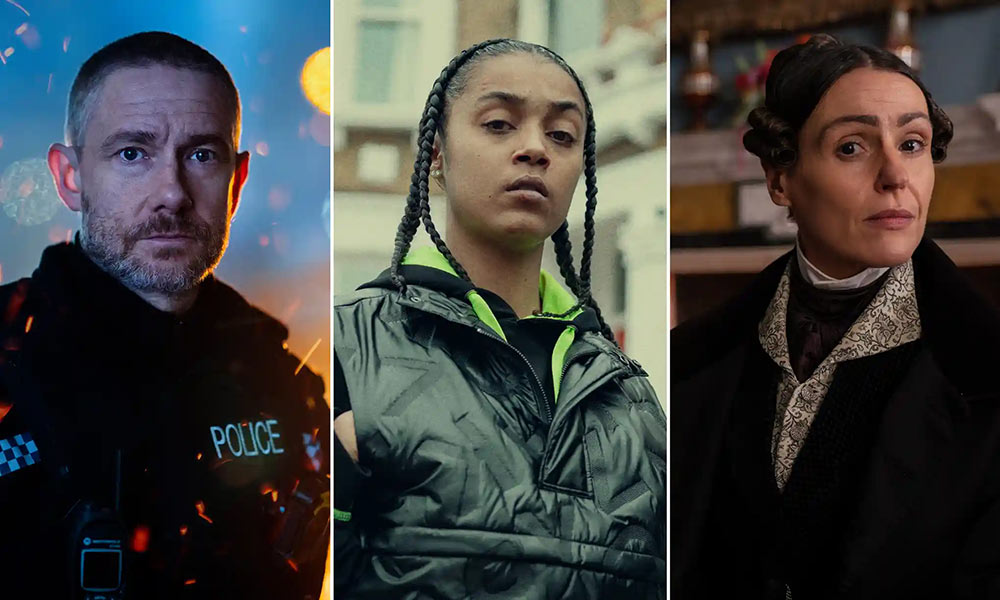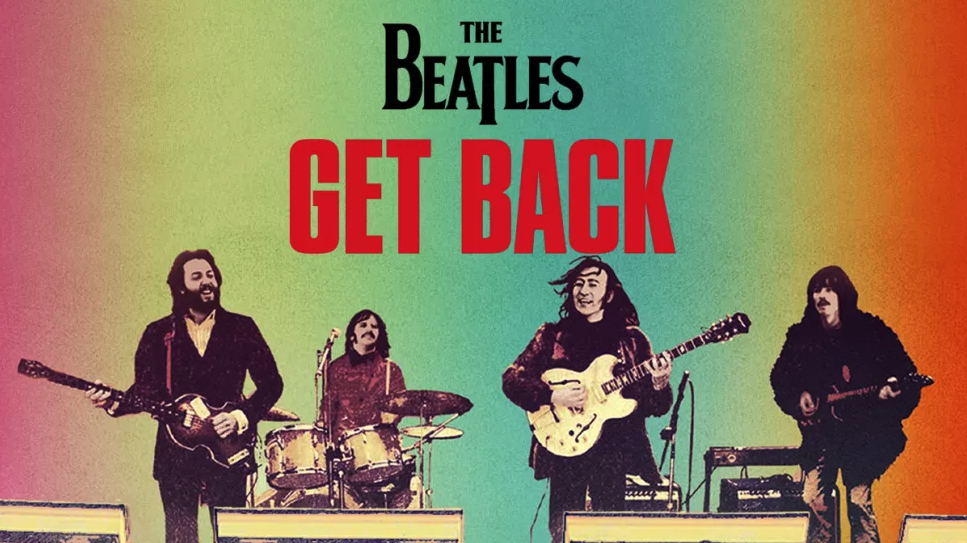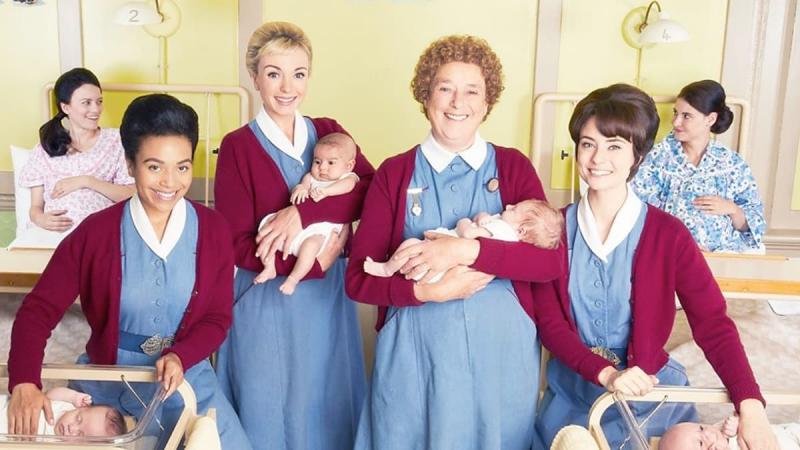
It’s safe to say – for most people – the TV was a lifeline during the pandemic, particularly those long weeks of confinement when we were only allowed out of the house for a limited time.
But, as the coronavirus threat has dissipated and ‘normal’ life has broadly returned, our need to fill evenings with TV watching should have diminished. And yet, it feels as if there’s more TV than ever.
Best TV of 2022?
The Guardian recently published an article about ‘The Best TV of 2022 so far’, showcasing 26 shows or series. I kid you not, 26. Given that we’re not yet at the end of June, that’s more than one ‘best’ a week.
Now, admittedly, these aren’t all series. There are a couple of documentaries in there (such as Navalny and the Netflix Jimmy Savile one), plus shorter comedies such as Starstruck or Hacks, but – by and large – these require dedication.
And, to save you the bother, I’ve added up the viewing time of all 26 shows featured in that Guardian article. Are you ready?…
Give or take the odd 30 minutes, if you’d watched every single one (and that doesn’t include the shows that have previously-aired seasons, such as Stranger Things or Ozark), you’d have wasted, dedicated 142 hours of your free time in 2022 to sitting in front of some sort of TV screen to see ‘the best TV’.
That’s an insane amount of screen time. If you watch the average 3 hours a night (according to 2020 figures), that works out at 47 days’ worth of viewing. At time of writing, that means you have had to watch only these featured TV shows, once every three days in order to have seen everything.
And that’s without all the stuff that’s not on the list. There’s nothing from the Marvel or Star Wars canon over on Disney+, for example.
Then there are the soaps, the news, sports events, regular dramas, all the Jubilee coverage – they’re all omitted.
Not forgetting all that stuff that you end up watching by accident, because it’s showing when you switch on, like Masterchef.
I get that TV is a primary way for many people to spend their leisure time, but even so, that’s serious commitment.
What’s more, it also requires you to have a lot of subscriptions. While many of the Guardian-featured shows were terrestrial, there are also recommendations from Sky Atlantic, Netflix, Apple+ and Amazon Prime, meaning you’ll be forking out an extra £40pm (roughly) to keep up.
Now I consider myself fairly well up on TV, but I’ve only watched about a third of the recommendations.
So have we reached the point where we can no longer keep up? Is there any point trying? Don’t we have lives outside the TV? What do you think?

